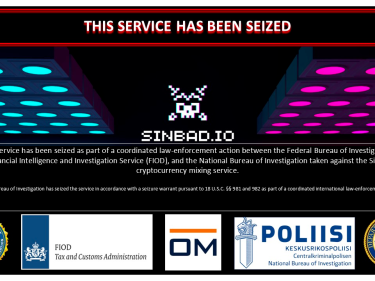Citigroup, Fidelity International Unveil Proposal for On-Chain Fund With Real-Time FX Swaps
CORRECTION (Nov. 4, 2024, 16:00 UTC): An earlier version of this story referred to Fidelity Investments being involved in this situation. It is, in fact, a separate company: Fidelity International.
Global bank Citigroup (C) and Fidelity International, an $862 billion asset manager, have developed a proof-of-concept for an on-chain money-market fund that includes a digital foreign exchange swap.
Their aim is to enable real-time settlement of multi-currency transactions, enhancing treasury management by eliminating delays and improving liquidity. The solution will be showcased at the Singapore FinTech Festival 2024, according to a Monday press release from the companies.
By tokenizing money-market funds and using blockchain technology, Citi and Fidelity International — which is separate from the better-known Fidelity Investments — aim to facilitate faster, seamless transactions, allowing investors to manage FX risks more efficiently. This advancement could enable corporate treasurers to diversify portfolios and access higher yields on U.S. dollar-denominated MMFs while maintaining liquidity.
The collaboration is part of the Monetary Authority of Singapore’s Project Guardian, which explores blockchain’s potential in financial markets.
This move aligns with a broader trend in traditional finance, as major players like BlackRock and other established institutions embrace tokenization as a way to enhance operational efficiency, offer new investment opportunities, and stay competitive in a rapidly evolving market.








